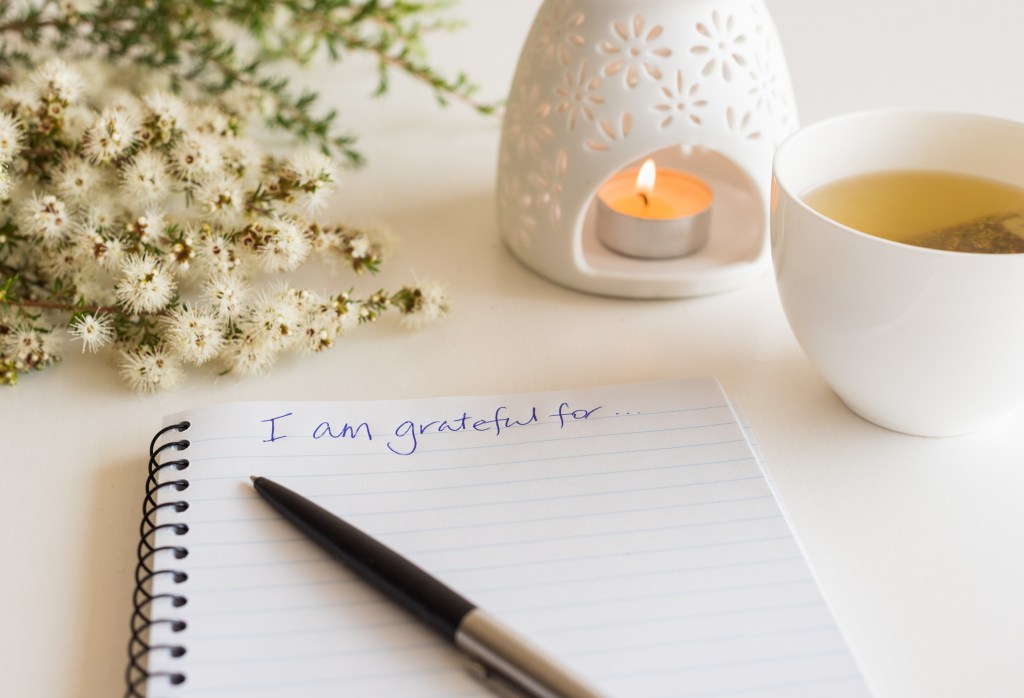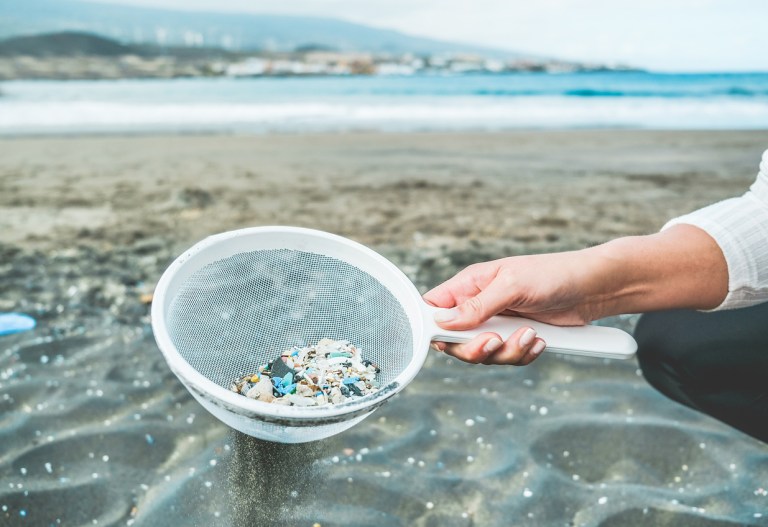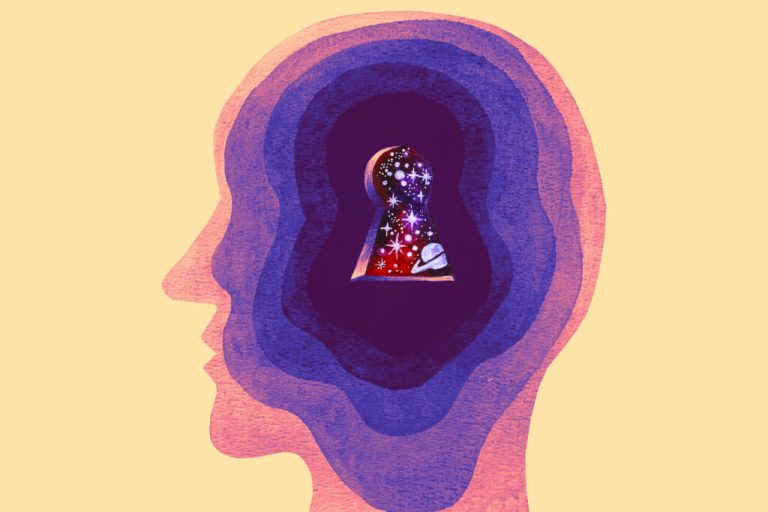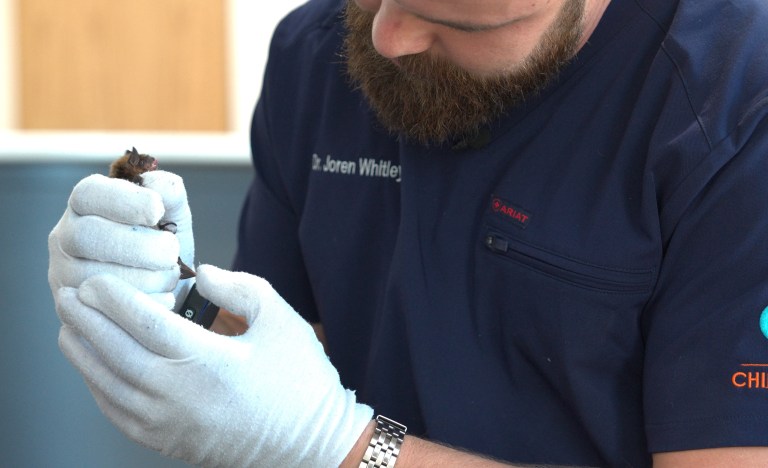Imagine you’re embarking on an early autumn trail walk: What do you notice? Is it the gloomy sky, the mud that’s now stuck to your socks, and the exhaustion you feel? Or is it the crisp, refreshing air, the coziness of your comfy jacket, and the simple joy of being outdoors?
All those observations can arise from the very same experience, but focusing on the latter instead of the former can have a massive impact on our state of mind. While most days come with their share of ups and downs, appreciating what we have (like a closet full of clothes and accessible nature), instead of ruminating over what we’re lacking, delivers a boost to our well-being. In fact, we’d bet that few techniques are as quick, doable, and effective at increasing happiness as practicing gratitude.

“When you make a commitment to yourself to take a few minutes each day to focus on what you’re grateful for, you rewire the neural connections in your brain to look for positive things everywhere,” Lorraine Miller, a certified health coach and host of the podcast The Gratitude to Bliss Show, said in an email to Nice News. “This has a way of affecting all areas of your life: your relationships, your health, your job, and even your struggles — which can bring into focus the blessings you may not have been noticing or appreciating.”
Read on as we unpack the benefits of being grateful and glean more insight from Miller, including easy, impactful ways to practice gratitude.
Why It’s Great to Be Grateful
Appreciating what we have can significantly affect our happiness: Miller referenced a study from 2003, which showed that after participants wrote down five things each week they were grateful for over a nine-week span, they felt 25% happier. Not only were they more optimistic about the future than participants who wrote down their annoyances each week, but they also had a more positive outlook on life — and exercised for over an hour more on a weekly basis.
“This is remarkable and points to the inherent power of this age-old, sacred tool,” Miller said, noting that gratitude is a “cornerstone of positive psychology.”
Gratitude activates the regions in our brain responsible for reward, empathy, and emotional processing, according to a review in the Taiwanese Journal of Psychiatry. It also boosts serotonin and dopamine, two neurotransmitters that help us experience pleasure and regulate our mood, and may even improve cognitive function among older adults. And as opposed to short-term pleasure, which can be triggered by activities like watching movies and eating our favorite foods, gratitude can help provide longer-lasting feelings of contentment, the research points out.
“Psychologically, the practice of gratitude has been identified as a reliable predictor and enhancer of overall happiness,” the authors wrote, adding that it’s one of the “simplest and easiest keys humans hold” to become happier.
And that’s not the only effect it can have on our mental health. One analysis found that developing feelings and engaging in acts of gratitude were linked to fewer symptoms of anxiety and depression, and another study Miller cited showed that practicing self-regulation techniques decreased the stress hormone cortisol by 23%. “This is significant because stress can deplete our energy and hinder our ability to feel joy and happiness,” she said.

Less stress and improved mental health may help us live longer lives — and in 2024, scientists at the Harvard T.H. Chan School of Public Health found the first empirical evidence suggesting a link between gratitude and longevity among older adults.
Take a Dose of “Vitamin G”
If you need a little push to start your practice, keeping a gratitude journal might do the trick: Miller said that her clients often begin reaping the benefits within as little as two weeks. She recommends keeping a separate notebook just for the purpose of your gratitude reflections, then writing down three to five things you’re grateful for every day.
“After you complete your list, take a moment to close your eyes and focus on the feeling you get when you think about something on your list,” Miller said. “I call this the ‘special sauce’ to practicing gratitude. It can help to focus your attention on your heart while you do this. If this feels difficult, remember that it’s a practice, and that it may take time to feel comfortable with this step. Just keep trying to apply that special sauce, and eventually it’ll click!”

But in case journaling isn’t quite your thing, the CDC compiled a few other ideas and resources to help you build your ideal practice — for instance, social butterflies might prefer volunteering to solo writing — that can ultimately lead you to living a more content life.
Of course, it can be tough to stay consistent when starting any new habit, so Miller has some words of wisdom for that obstacle, too. “Try to find a daily time that can work for you, and make it a special part of your day that you look forward to,” she said. “Light a candle, make a cup of your favorite tea, or play soothing music to add joy to your practice. Set a reminder on your phone if you need to, or keep your journal by your bedside so you see it first thing when you wake. This is an ideal time, as your brain is fresh and will absorb your thoughts more readily.”
Miller calls this gratitude practice “Vitamin G,” and said it’s “extremely nourishing for the mind, body, and spirit.” While it may feel miniscule at first, the more you keep up with it, the more beneficial it can become. “Over time, it starts to change how you see life and you begin to experience small moments of bliss,” she said. “The more you do this, the more it happens, and the more joyful and happy you feel overall. Your relationships start improving, your health improves, and your life moves in a direction that excites you and fulfills you.”
RELATED: Man’s Daily Gratitude Videos Go Viral, Encourage People to Appreciate the Little Things












